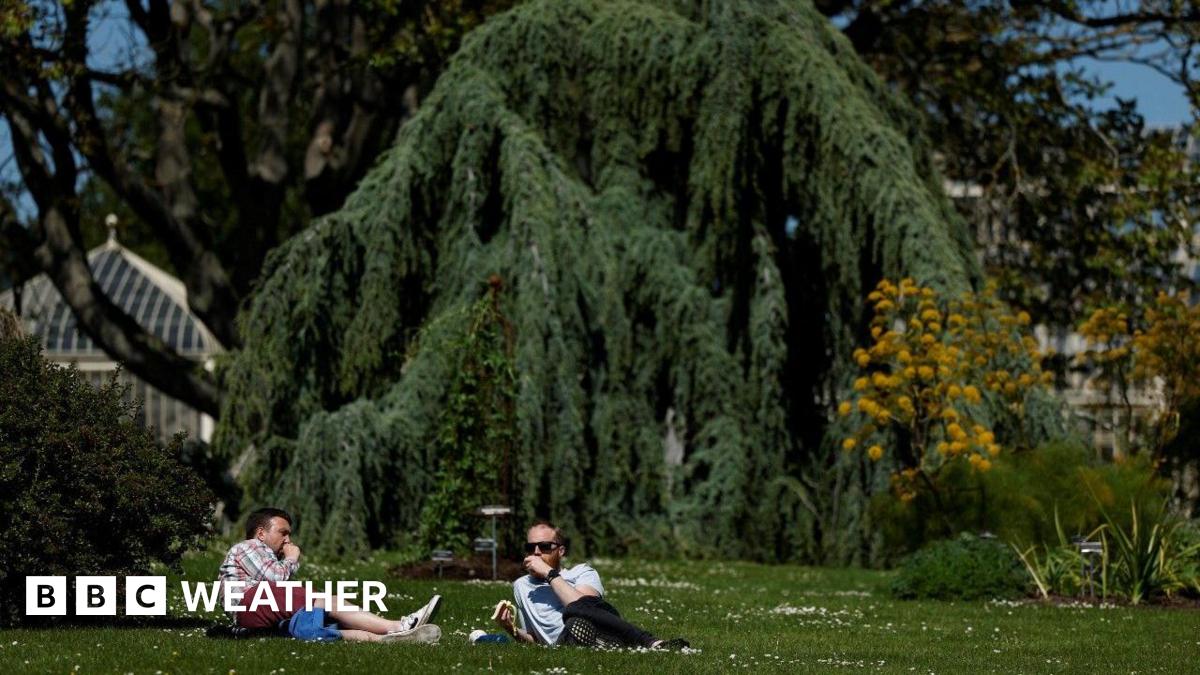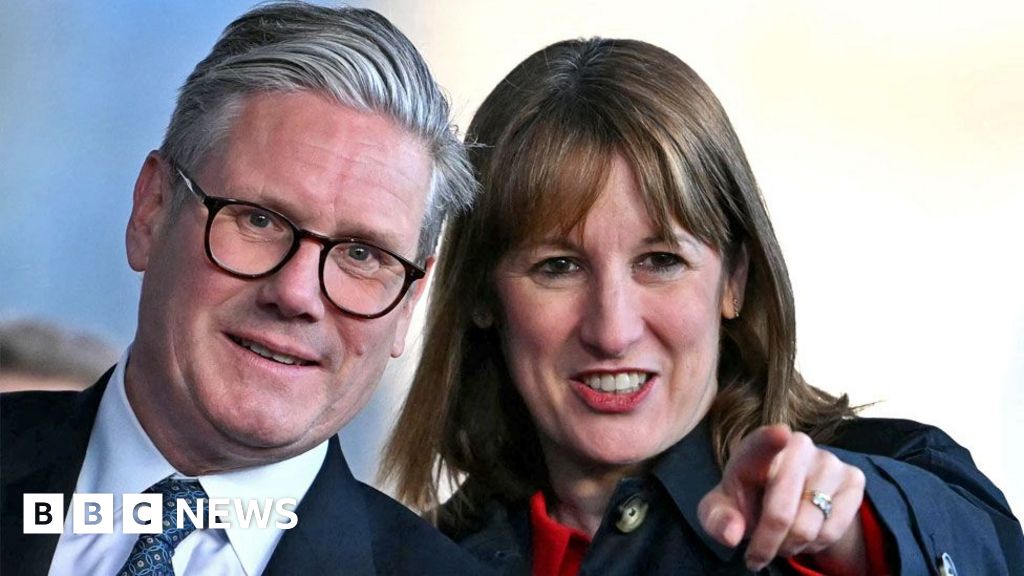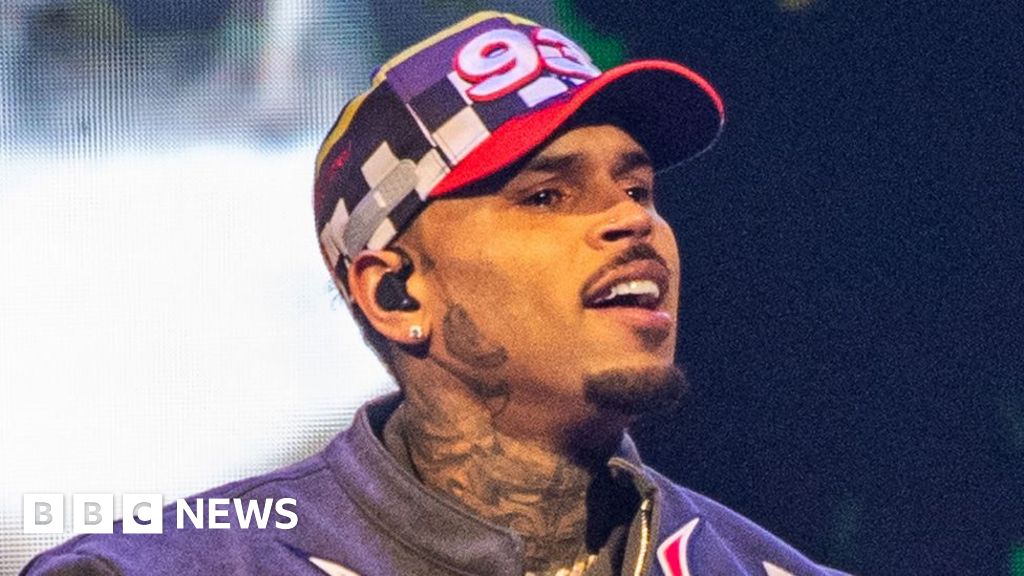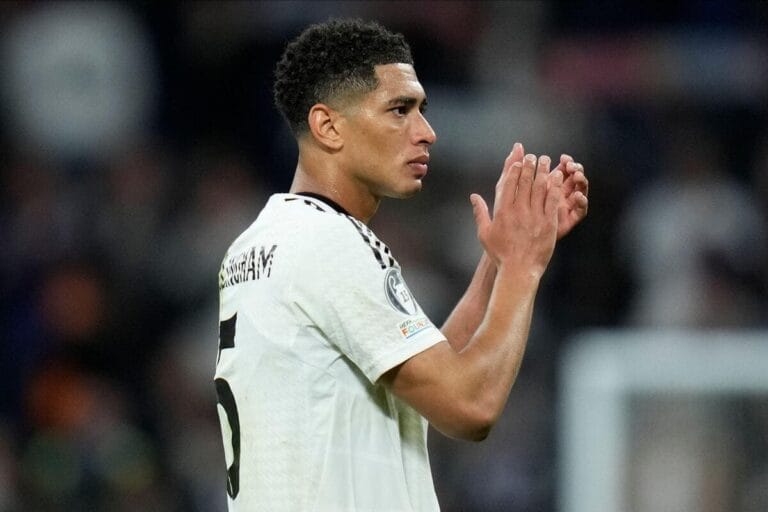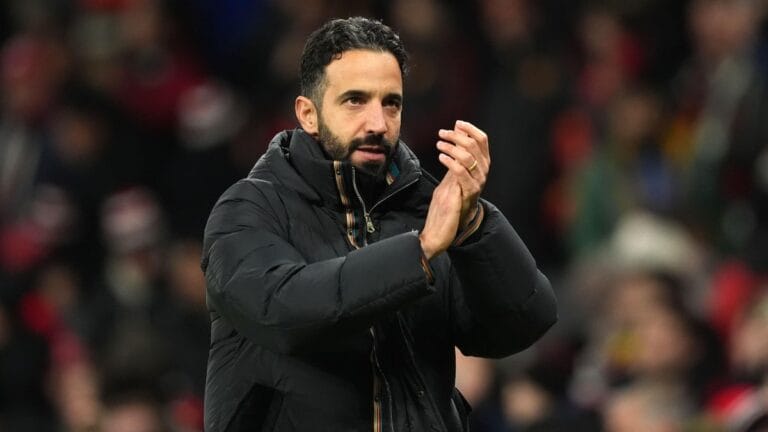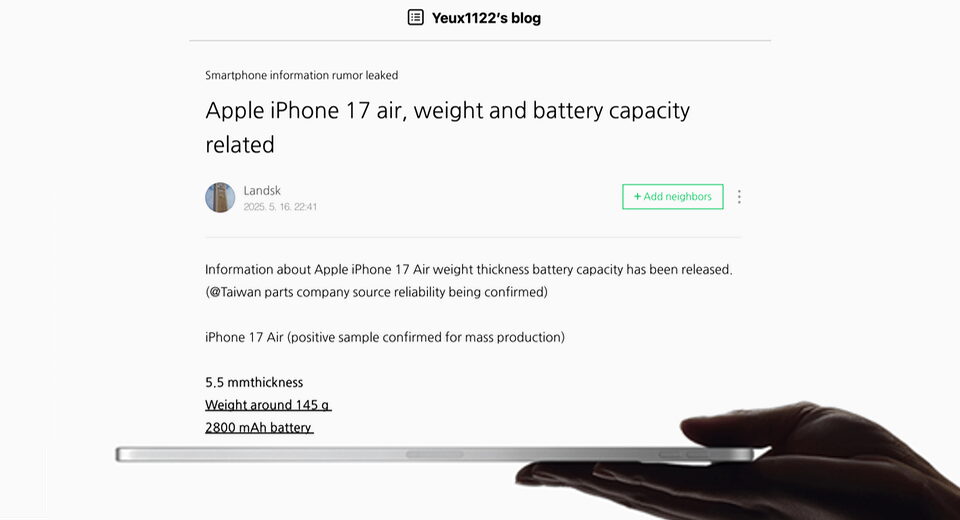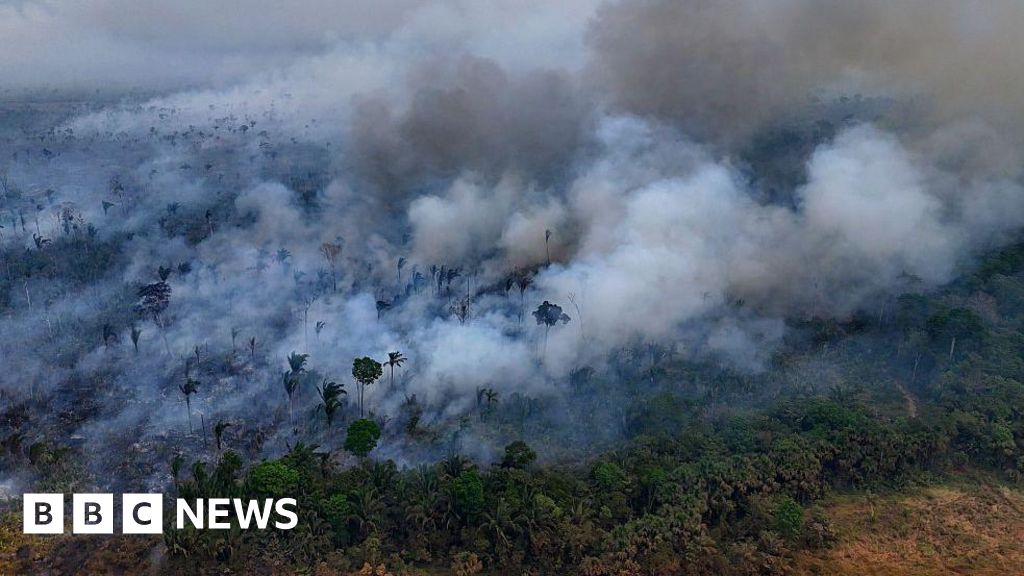Trump-Putin Call Notches Diplomatic Win for Russia, but Economic Goals Remain in Limbo


Since his invasion in 2022, President Vladimir V. Putin of Russia has wanted to end the war in Ukraine on his terms. And in the complex diplomatic maneuvers of recent weeks, the Russian leader has been able to defend his approach to negotiate a comprehensive peace deal while continuing to wage war in Ukraine, which he believes is going his way.
His hard-line position has withstood pressure from Ukraine, from the European Union and, until recently, from the United States for an immediate cease-fire. After speaking with Mr. Putin by phone on Monday, President Trump said that he welcomed direct peace talks between Ukraine and Russia, in effect making a final break with his earlier promise to bring a swift end to the conflict.
But Mr. Putin’s diplomatic victory could undermine, or at the very least delay, his broader economic goals to normalize relations with the United States.
After speaking with Mr. Putin, Mr. Trump emphasized that American economic rapprochement with Russia would come after peace in Ukraine, not before. If Mr. Trump keeps the two issues intertwined, it could confine Russia to an economic purgatory, with little immediate chance of getting relief from Western sanctions or of bringing the foreign investment dangled by Mr. Trump.
“Russia wants to do large-scale trade with the United States when this catastrophic ‘bloodbath’ is over, and I agree,” Mr. Trump said in a statement on Monday after the call.
Vice President JD Vance made the same point in even starker terms.
“Look, there are a lot of economic benefits to thawing relations between Russia and the rest of the world, but you’re not going to get those benefits if you keep on killing a lot of innocent people,” he told reporters on Monday after meeting President Volodymyr Zelensky of Ukraine in Rome the previous day. The Kremlin said that the war in Ukraine had been just one of the issues discussed by Mr. Putin and Mr. Trump, and that the leaders remained committed to a broader reset.
“The presidents discussed the state of bilateral relations, and both presidents have voiced support for further normalization of those relations,” Yuri Ushakov, Mr. Putin’s foreign policy adviser, told Russian reporters after the call. “President Donald Trump sees Russia as one of the most important partners for America in the trade and economic area.”
The only concrete deal mentioned by Mr. Ushakov after the leaders’ two-hour call was a plan to exchange nine Russian prisoners held in American jails for nine Americans jailed in Russia.
The modest proposal was a far cry from the hopes entertained by Russian business elites and pro-government intellectuals earlier in the year. At the time, many in Moscow thought Mr. Trump’s love of deals and his transactional approach to politics would lead to a new dawn in Russian relations with the world’s largest economy.
In this vision, the normalization of relations would lead to specific measures such as the removal of sanctions from Russian state energy companies and banks, and their readmission into a global payment system called Swift, steps that would make it easier and cheaper for Moscow to trade. Russian officials also hoped a reconciliation with Washington would lead to a return of American companies, at least the high-tech giants whose services and products Moscow has not been able to replicate under sanctions.
More broadly, many Russian officials and pro-Kremlin intellectuals believe that a new relationship with the United States based on realpolitik self-interest would reshape the global order and help Moscow regain its status as a geopolitical power.
Mr. Putin may still believe that decoupling Ukraine from efforts for a wider thaw with the United States is possible, leading him to continue diplomatic overtures without showing any willingness to compromise, said Sam Greene, a professor of Russian politics at King’s College London.
“If Trump cannot get what he wants in Ukraine, and if he can avoid blaming Russia for it, then he might be temped to pursue normalization with Russia absent a resolution in Ukraine,” Professor Greene said in a phone interview on Tuesday. Mr. Putin’s goal is to convince Mr. Trump that Russia’s vast natural resources are a sufficient prize to make up for the international acclaim that the American president would miss by failing to stop the bloodshed in Ukraine, Professor Greene added.
In choosing to pursue Ukraine’s capitulation over immediate economic benefits, Mr. Putin is most likely guided by a belief that time is on his side.
The price of oil, the main source of Russia’s budget revenue, has stabilized at around $65 a barrel after plunging in the days after Mr. Trump’s announcement of global tariffs in April. Mr. Trump’s postponement of those tariffs has saved the Kremlin from having to make substantial cuts to its war spending. Although the Russian economy has been slowing this year, it is expected to grow at about 1.5 percent this year, a pace that makes a financial crisis unlikely.
Russian officials and propagandists have brushed off the European Union’s latest batch of sanctions — which included bans on nearly 200 oil tankers associated with Russia and the blacklisting of the state-run Russian oil giant Surgutneftegaz — as weak. For his part, Mr. Trump has indicated that the United States could hold off on new sanctions, citing a chance of progress in the negotiations.
More broadly, sanctions have helped Mr. Putin hammer the message to his public that Russia is locked in an existentialist struggle with the West in Ukraine.
“Russian entrepreneurs have learned how to work under sanctions,” Mr. Putin told Russian oligarchs in March. “Even if they weaken them, there will be other ways to put sticks in the spokes. Sanctions are not temporary or specific measures, but a mechanism of systematic and strategic pressure on the country.”
Russia’s latest budget data shows that the country’s strategy of offering ever-higher sign-up bonuses and salaries to military recruits is working. The number of new soldiers has exceeded the Kremlin’s recruitment targets for every month of 2025, according to Jack Watling, an analyst at the Royal United Services Institute, a London-based security research organization.
And on the front line in Ukraine, Russia’s offensive has picked up this month after anemic gains earlier this year. Russian forces have occupied an average of 3.3 square miles of Ukrainian land each day in May, compared with 2.3 square miles in April, according to Deepstate, a war-monitoring website with ties to the Ukrainian military. In particular, in recent weeks, Russian troops have broken through defenses to the east of the city of Pokrovsk, a key Ukrainian stronghold in the eastern Donbas region.
Analysts say that Russia’s recent battlefield successes, however modest, could have further reduced incentives to make any compromises until the end of an expected summer offensive.
In a report this week, Mr. Watling, the analyst, wrote that the unfolding attacks were meant to convince Kyiv’s allies that the war was not winnable, leading them “to pressure Ukraine to sue for peace, even on unacceptable terms.”
What's Your Reaction?
 Like
0
Like
0
 Dislike
0
Dislike
0
 Love
0
Love
0
 Funny
0
Funny
0
 Angry
0
Angry
0
 Sad
0
Sad
0
 Wow
0
Wow
0

